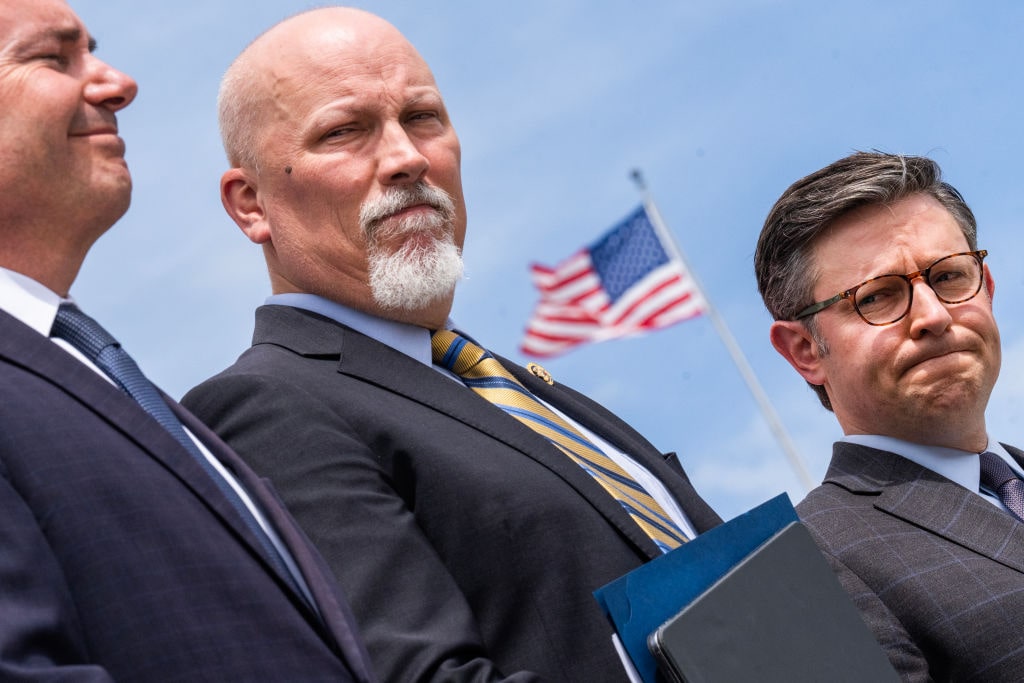
The Senate says go, but the House is on the clock.
In the early hours of the morning on Thursday, July 17, the Senate approved roughly $9 billion in rescissions identified under DOGE. A drawn-out session ended with a 51 to 48 vote in favor of clawing back the taxpayer funds slated to go to foreign aid programs and public broadcasting. With a deadline of Friday to get the bill signed, all efforts now rest with the House. And it could be an extremely close call.
DOGE Cuts – Cut Down by the Senate
The initial version of the bill – titled the Rescissions Act of 2025 – would have taken $9.4 billion from public broadcasting and the US Agency for International Development (USAID). These expenditures, however, have been popular with at least some lawmakers and voters on both sides of the aisle, and the road to rescission has been rocky.
What finally cleared the Senate at 2:18 a.m. Thursday removed about $8 billion in funding previously approved by Congress for various foreign aid programs and another $1.1 billion from the Corporation for Public Broadcasting. In order to get enough votes for passage, however, approximately $400 million in cuts from the AIDS relief program PEPFAR had to be dropped from the bill – an amendment that, on the Republican side, only Kentucky’s Rand Paul opposed. Additionally, Sen. Mike Rounds of South Dakota managed to secure continued funding for tribal radio stations in the Mount Rushmore State.
Negotiations stretched from Wednesday afternoon to early Thursday morning – more than 12 hours – and the final tally was 51-48 to pass. Republicans Susan Collins of Maine and Lisa Murkowski of Alaska voted with Democrats against the DOGE clawbacks, while Democratic Senator Tina Smith of Minnesota abstained.
Collins and Murkowski argued the administration had failed to provide enough specifics on how cuts would be carried out, raising concerns of adverse consequences. “The rescissions package has a big problem,” Collins argued Tuesday. “Nobody really knows what program reductions are in it. That isn’t because we haven’t had time to review the bill. Instead, the problem is that [the White House Office of Management and Budget] has never provided the details that would normally be part of this process.”
Sen. Mitch McConnell (R-KY), the former party leader in the Senate, initially voted with Collins and Murkowski against the bill in the procedural votes. He was eventually won over by the majority, however, and voted to pass.
Back to the House With No Time to Spare
Now the bill returns to the lower chamber for yet another vote. The original version of the bill narrowly passed the House on June 12 by a vote of 214-212. At that time, all but four Democrats (who didn’t vote at all) opposed the bill, while four Republicans voted against it and two abstained. Speaker of the House Mike Johnson (R-LA) had urged the Senate to pass the package “as is” in order to avoid tempting fate yet again with such a narrow margin. “We’re going to process whatever they send us, whenever they send us,” he added, however.
Rescissions bills come with a deadline by nature. The president sends a formal request to Congress that some specific amount of money already appropriated be reclaimed rather than sent to whoever they obligated it to. But if the White House can’t convince the legislature to approve the rescissions within 45 days of the president’s request, the funds have to go to the original recipients. In this case, the deadline is Friday, July 18.
So the clock is ticking. The GOP in both chambers is largely on board with the president’s proposed DOGE cuts, but support isn’t unanimous. With such a slim majority in either house, Republicans can only afford to lose a handful of votes. Speaker Johnson may be dead set on approving Trump’s request – but it isn’t all up to him. Reps. Mark Amodei (R-NV), Brian Fitzpatrick (R-PA), and Nicole Malliotakis (R-NY) all voted against the bill due to cuts to public broadcasting. Michael Turner (R-OH) joined them and the Democrats but didn’t explain his position.
Will the Senate amendment that keeps AIDS funding intact bring Turner back, or convince the non-voting Republicans – Brad Finstad of Minnesota and Florida’s Laurel Lee – back into the majority? Or will it draw yet more defectors? House Republicans don’t have much time left to work it out.
Liberty Nation does not endorse candidates, campaigns, or legislation, and this presentation is no endorsement.
















